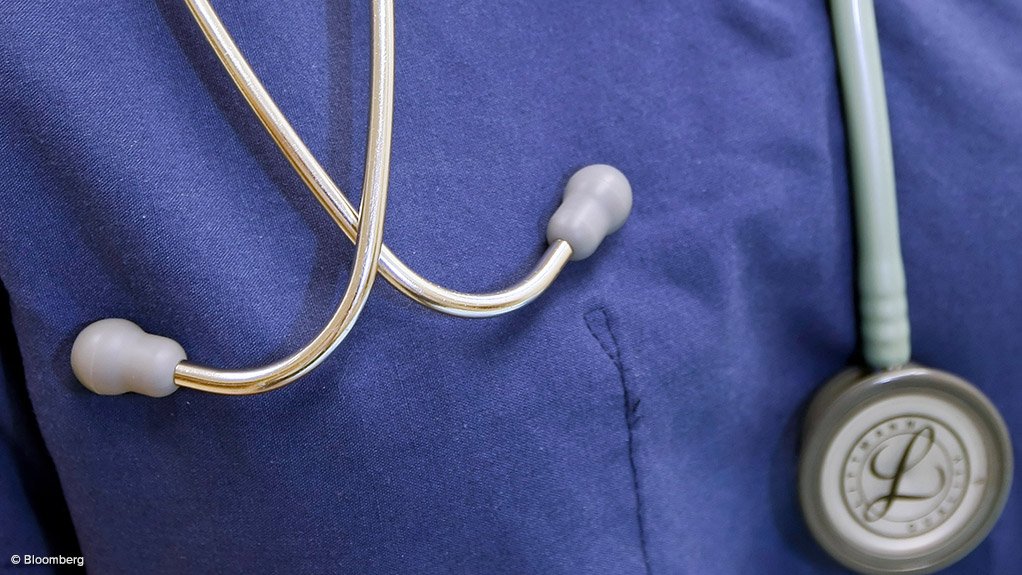/ MEDIA STATEMENT / The content on this page is not written by Polity.org.za, but is supplied by third parties. This content does not constitute news reporting by Polity.org.za.
The Health and Other Service Personnel Trade Union of South Africa (Hospersa) is outraged by the appalling state of cancer treatment services in the KwaZulu-Natal province. On the eve of World Cancer Day (4 February) the Union again received disturbing reports regarding various problems with cancer treatment at public health institutions in Durban and Pietermaritzburg. The key problems are serious shortages of skilled staff and radiation machines that are out of order.
Even though there have many several great breakthroughs in medical science to fight the scourge of cancer, it is estimated that more than 8,2 million people still die from the disease every year. Mortality rates are higher in lower income countries and much of the success of treatment lies in early diagnosis and speedy treatment once cancer has been detected.
When it comes to treatment it seems that South Africa is sliding backwards, especially at public health facilities – where most of South Africa’s population must go when they are sick. Hospersa members reported that the conditions at oncology treatment centres in KZN are horrible, and that many of them face real ethical dilemmas on a daily basis when they see how cancer patients must suffer. The only two public hospitals in Durban with oncology facilities are Addington Hospital on the beachfront and Inkosi Albert Luthuli Hospital in Cato Manor, while Pietermaritzburg has a facility at Grey’s Hospital.
Hospersa previously reported on the non-maintenance of the machines used for treatment, and also staged a picket outside Addington Hospital in 2014. Apparently the two machines at Addington have for much of the time not been in proper working order since 2012. Much of this is reported to be because of poor management and even alleged corruption. The corruption relates to the procurement of maintenance services for the machines, where the authorised provider was turned down in favour of a local company which is believed to have links with senior government officials.
“In public health we often see that poor management and corruption go hand-in-hand,” said Hospersa General Secretary Noel Desfontaines. “Corruption is something that calls for compromised decision-making because there is an ulterior motive – money. It then comes to the surface as poor management and often remains that until the corruption is revealed,” he said.
The Hawks have investigated the claims of corruption for more than seven years, but no report has been made public yet. There are also payment disputes with the providers in question, and in the meantime the multi-million rand machines are standing while patients are dying.
“One of the worst effects of corruption relates directly to its root cause – greed,” continued Desfontaines. “Greed causes people to take from others, and in public health it means that they literally take life from the most vulnerable people – the old, the sick and the downtrodden,” he said.
Another problem with oncology in the area is a serious shortage of staff with the necessary skills to perform their important work. This becomes a vicious circle when oncologists resign due to the terrible circumstances they are expected to work under. The net effect is that once a patient is diagnosed with cancer, he or she can literally die before receiving treatment.
“This is totally unacceptable,” said Desfontaines. “Hospersa is shocked at the way that government is failing to provide this crucial service to the largest part of the communities in Durban and Pietermaritzburg. It is estimated that public health serves more than 85% of the population in this province, and if the equipment is broken and we don’t have enough staff, this becomes impossible. This is truly a crisis and something needs to be done, fast,” Desfontaines added.
Earlier this week Hospersa expressed its concern over the 94 mentally ill patients who perished due to poor management and bad decision-making by the Gauteng health department. “In this case [of cancer patients not receiving treatment] the deaths tend to stay under the radar,” said Desfontaines. “One can only speculate as to the number of patients who lost their battle against cancer due to the negligence of the KwaZulu-Natal health department. We have never seen official communication on reducing waiting times for treatment or actual figures regarding five-year survival rates. The reason for this silence seems to be obvious...” Desfontaines concluded.
Issued by Hospersa
EMAIL THIS ARTICLE SAVE THIS ARTICLE ARTICLE ENQUIRY
To subscribe email subscriptions@creamermedia.co.za or click here
To advertise email advertising@creamermedia.co.za or click here











